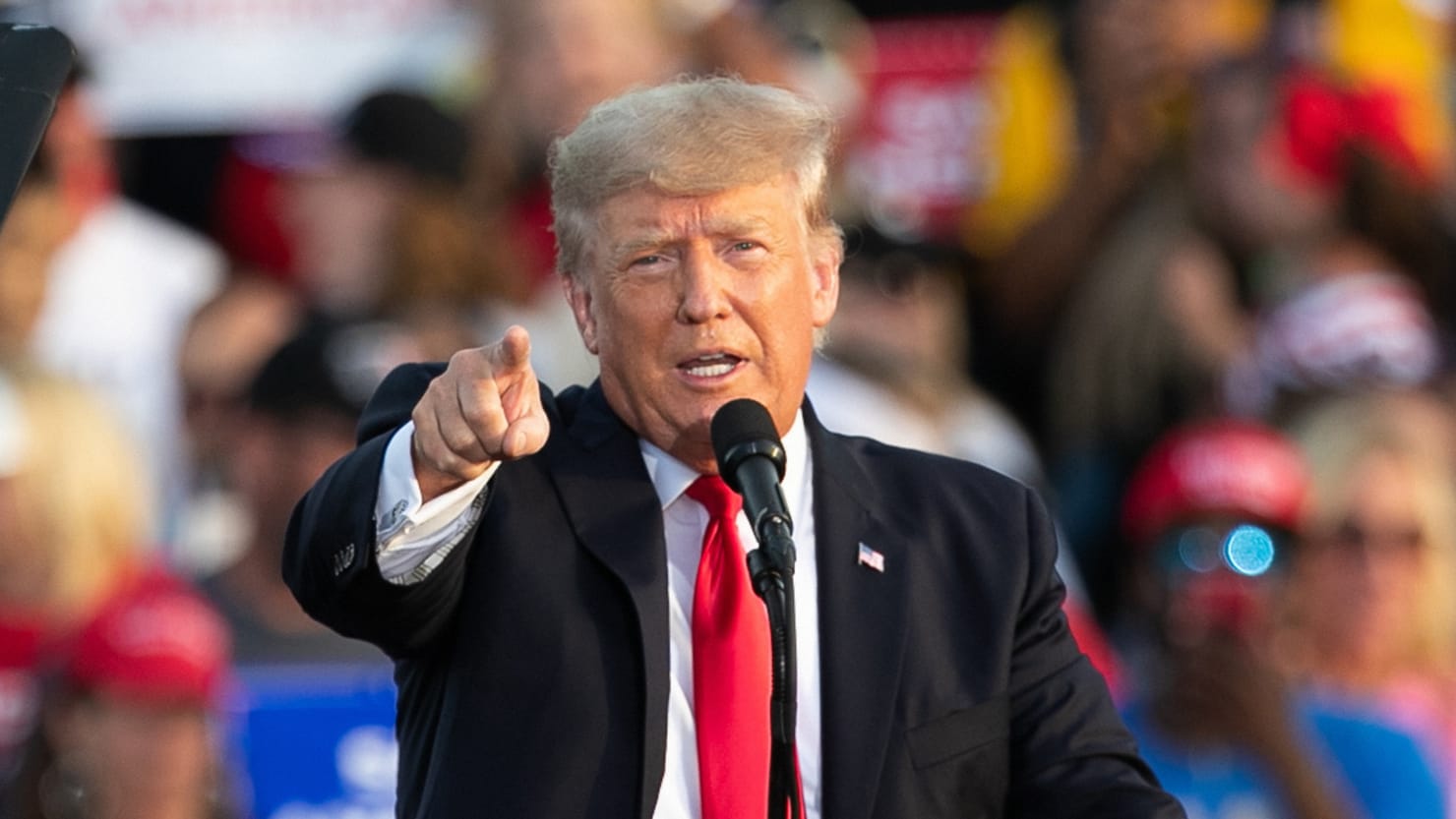
Prosecutors appear to be poised to indict the Trump Organization. And that could mean significant pain ahead for the former president, his family, and their business associates.
According to media reports, prosecutors in New York gave lawyers for the Trump Organization a Monday deadline to make the case why criminal charges should not be filed. Manhattan District Attorney Cyrus Vance Jr. and New York Attorney General Letitia James have been conducting a grand jury investigation of potential tax, insurance, and bank fraud by former President Donald Trump’s business, reports indicate. Among matters reportedly under investigation are whether the Trump Organization violated tax laws by providing benefits to employees, such as cars, apartments, and private school tuition, without paying taxes on them. If these reports are true, then we can make at least three inferences.
First, prosecutors have confidence in their case. They are willing to put their evidence to the test by showing their cards to the organization’s lawyers. In what lawyers sometimes refer to as a “dog-and-pony show,” prosecutors are sharing the documents and testimony that they believe prove the elements of one or more criminal offenses and daring the defense lawyers to poke holes in them. White-collar cases are often strong because they rely on documents instead of eyewitnesses. Unlike human witnesses, documents generally don’t lie and don’t forget. Essentially, prosecutors are saying that they believe that the evidence proves that a crime was committed, but that they are willing to hear from the defense any additional facts that might tend to negate one or more elements of the offense or provide a valid defense.
The second inference we can draw is that charges seem likely. A report in the Wall Street Journal indicates that Trump Organization lawyer Ronald Fischetti did not use a Monday meeting to dispute the evidence, but instead argued that the alleged misconduct should get a pass. “In my more than 50 years of practice, never before have I seen the district attorney’s office target a company over employee compensation or fringe benefits,” Fischetti said in a statement. “Even the financial institutions responsible for causing the 2008 financial crisis, the worst financial crisis since the Great Depression, were not prosecuted.” Notably, he did not deny the allegations. That position is not likely to persuade the prosecutors.
Because the meeting between the lawyers appears to have been less than fruitful, we can expect charges to be filed soon. Prosecutors do not make idle threats about filing charges. That’s because their success depends on their credibility. If a prosecutor were to develop a reputation for threatening to file charges and failing to follow through, then witnesses would be less inclined to expose themselves to criminal liability and the scorn of their criminal associates by cooperating with authorities. If Vance and James have indeed given the Trump Organization’s lawyers a deadline after which charges will be filed, then in the absence of a compelling defense, it is a safe bet that charges will be filed.
The third inference is that if charges are filed against the Trump Organization, they may not be the last. Corporate entities are charged with crimes under the doctrine of respondeat superior, which makes them liable for the criminal conduct of their officers or employees. A corporation may be criminally liable if an employee committed wrongdoing within the scope of his duties, and did so, at least in part, for the benefit of the organization. Sometimes the corporate structure diffuses responsibilities, making individual liability blurry and allowing officers and employees to escape liability. But because corporations act only through individuals, prosecution of a corporation is usually not a substitute for prosecution of individuals, but a supplement. When corporate entities are charged, often individual defendants are charged as well. Those charges could come later in what is known as a superseding indictment. So even if the Trump Organization is the only named defendant in an indictment this week, that does not mean that individuals won’t be charged. It just means that they haven’t been charged yet. Typically, individual charges are reserved for high-level executives whose acts can be imputed to the corporation.
One reason to hold back on filing charges against individual defendants is to give prosecutors an opportunity to persuade them to cooperate by pleading guilty and testifying against more egregious wrongdoers in exchange for leniency. Even if Trump Organization executives, such as Chief Financial Officer Allen Weisselberg or Chief Operating Officer Matthew Calamari, may have refused to cooperate to date, seeing an indictment that spells out criminal misconduct can make the threat of prosecution very real in a way that conversations with their lawyers may not.
An initial indictment against the Trump Organization may be only the opening salvo in a barrage of charges, naming executives, Trump family members, or even Trump himself.
U.S. - Latest - Google News
June 30, 2021 at 05:09AM
https://ift.tt/3w6tXl8
Indicting the Trump Organization Could Be Just the Start - Daily Beast
U.S. - Latest - Google News
https://ift.tt/2ShjtvN
Shoes Man Tutorial
Pos News Update
Meme Update
Korean Entertainment News
Japan News Update
Bagikan Berita Ini














0 Response to "Indicting the Trump Organization Could Be Just the Start - Daily Beast"
Post a Comment